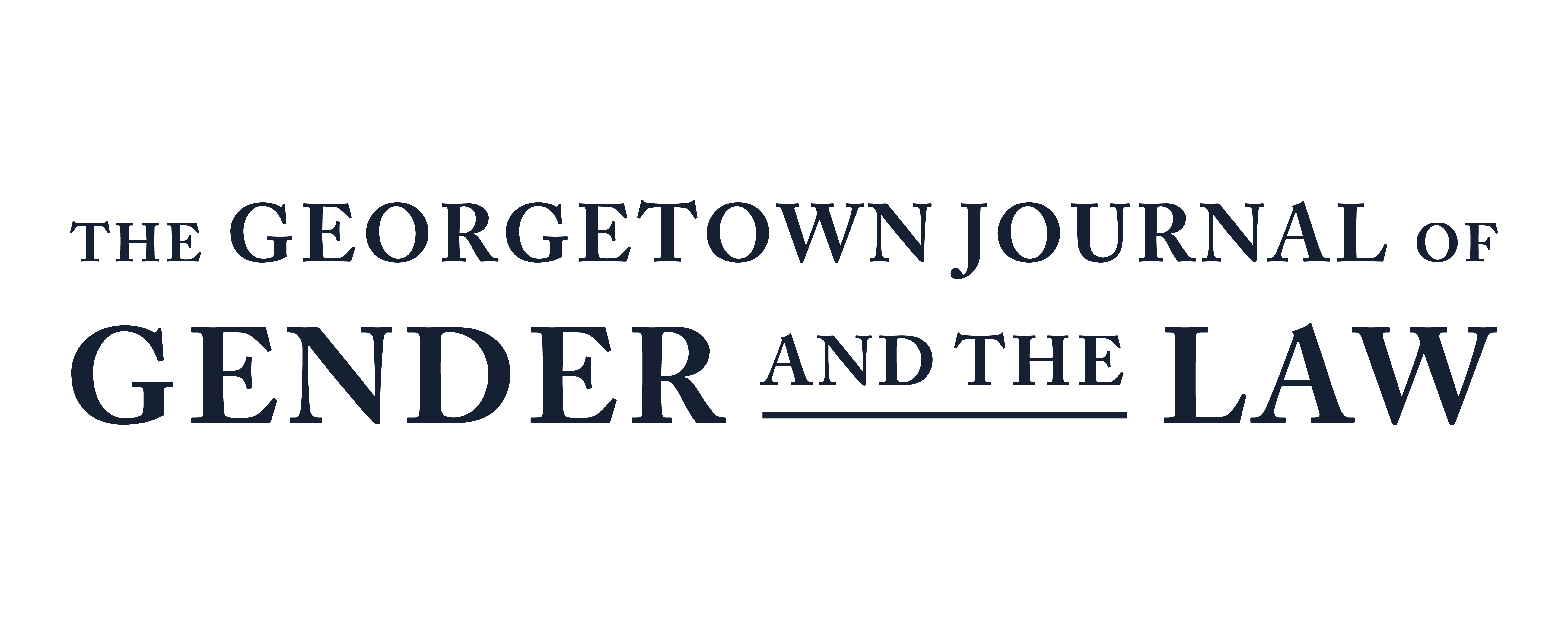From Campus to Corporate: The Aftermath of Students for Fair Admissions on Workplace Inclusion
In Students for Fair Admissions v. University of North Carolina and Students for Fair Admissions v. President and Fellows of Harvard College (“SFFA”), the Supreme Court held that race-conscious admission practices violate the Equal Protection Clause of the Fourteenth Amendment. In the direct aftermath of the Court’s ruling, Chair Charlotte Burrows of the U.S. Equal Employment Opportunity Commission (EEOC) was quick to clarify that the decision “does not address employer efforts to foster diverse and inclusive workforces” and reaffirmed that “it remains lawful for employers to implement diversity, equity, and inclusion, and accessibility (DEIA) programs to ensure workers of all backgrounds are afforded equal opportunity in the workplace.” Despite this, many organizations have filed lawsuits, citing SFFA in challenging DEIA practices in the employment context.
While directly addressing education, SFFA can be expansively construed as opposing the classification of workers based on their identity, even if intended to enhance diversity and mitigate obstacles. The new wave of litigation presents little answers, and even more questions; for example, what makes a fellowship a “contract” under Section 1981, does a charging organization need to identify a plaintiff in order to establish standing, and how might a higher court rule on such a case? As courts weed through procedural errors, the constitutional and statutory merits of such cases also remain in dispute. SFFA, however, makes at least two things clear: the breadth of impending litigation is surely grave in the face of broad definitions for organizational standing and the very constitutionality of DEIA practices in employment is under attack.

